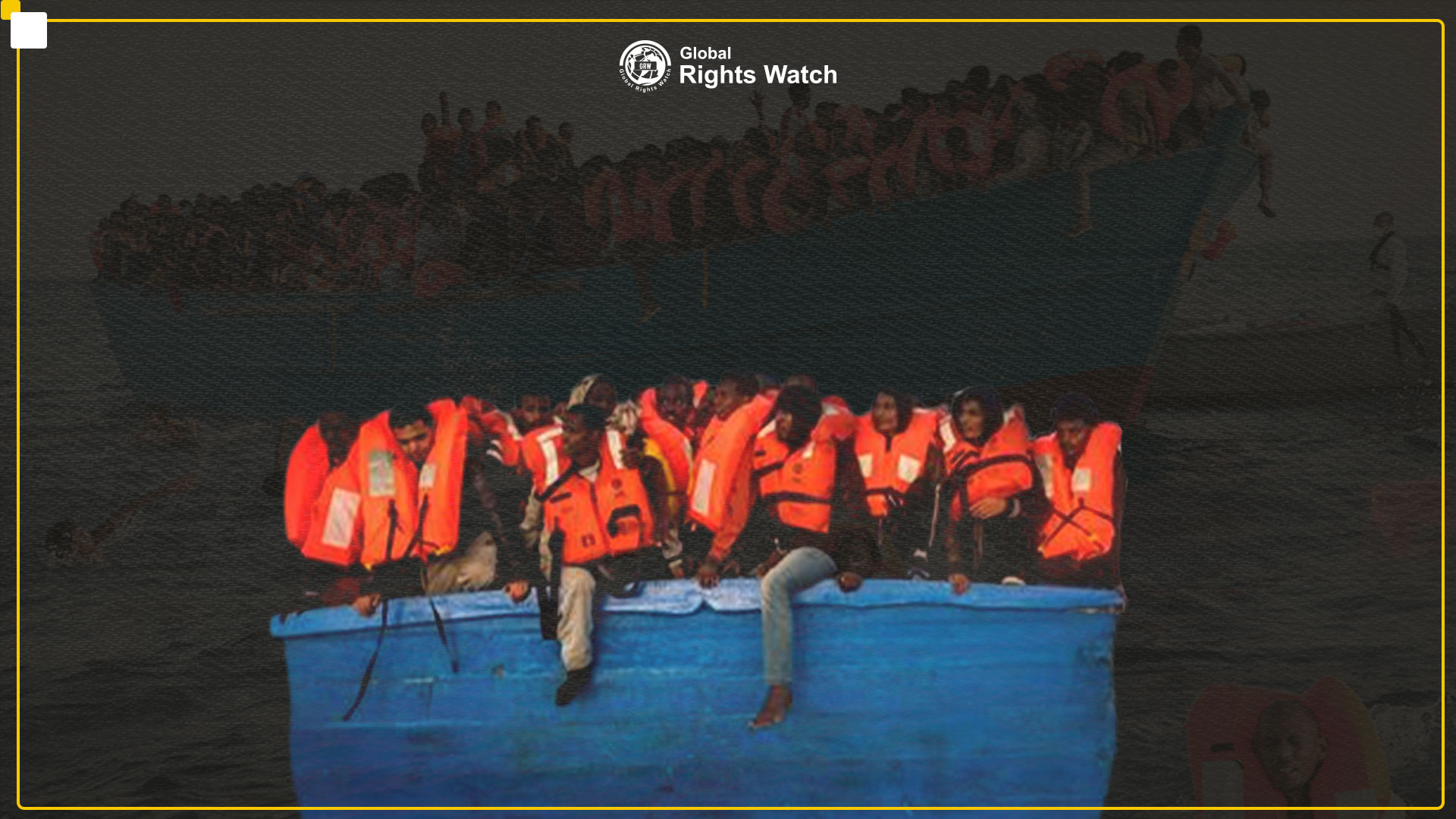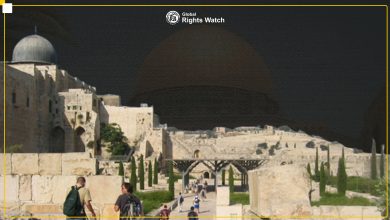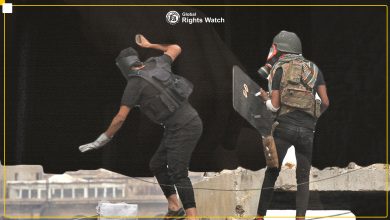Libya’s Migrant Hell Ongoing
Since 2011, war-torn Libya has been the dominant transit point for thousands of migrants fleeing war and poverty in Africa, seeking a new hope in the European continent, amid successive governments’ failure to tackle the issue.
Some migrants found themselves in detention centers, while others were left homeless. Many of these migrants have been subjected to various human rights violations and lack of medical services, food and housing.
Nearly every part of the illegal journey a migrant makes from West Africa to Libya, then Europe across the Sahara Desert and the Mediterranean, is filled with peril.
As desperate migrants are transported across borders through a vast illegal network, their smugglers carry out roll calls at regular intervals during the long-convoluted itinerary to confirm every migrants’ journey has been fully paid up. While most migrants pay “agents”—the shady middlemen who make all the initial travel arrangements—at the start of their journey to arrange the trip all the way to Europe, these agents do not always pay the smugglers the full amount. When migrants duped by agents become stranded along the way, things turn ugly.
Amnesty International says the mostly sub-Saharan African migrants and asylum-seekers held in detention centers face torture, rape, beatings, and appalling sanitary conditions. Human Rights Watch (HRW), Medecins Sans Frontieres, and others concur. Sale of migrants for their labor or to militias to extract payments from their families and friends in exchange for release or visiting less violence on them continues.
Report of the Independent Fact-Finding Mission on Libya
In its report, the Independent Fact-Finding Mission on Libya cites found that numerous violations against migrants, refugees and asylum seekers may amount to crimes against humanity. It has since continued to document consistent patterns of murder, torture, inhumane acts, rape, persecution and enslavement.
Incidents documented in the new report include the raid on the Gargaresh area of Tripoli in early October 2021, targeting foreigners and migrants, and ensuing incidents of excessive force in detention centres under the control of the Department for Combating Illegal Migration.
With the cooperation of the Libyan authorities, the Mission was able to travel to Libya, held exchanges with Libyan authorities, and visited sites. Yet, significant delays were experienced in obtaining the required visas, which interfered with planning and delayed the arrival of the Mission. During a meeting held in Tripoli in August 2021, the Minister of Foreign Affairs assured the Mission that the issuance of visas would be facilitated in the future. Special authorization procedures applicable to international organizations working in Libya impeded the Mission’s interactions with the authorities and also interfered with the Mission’s site visits. Furthermore, some requests to visit sites, in particular prisons and detention centres for migrants, remained unanswered.
Operations by Libyan authorities to combat migrant trafficking have rarely been reported in the past. But in recent weeks, efforts appear to have been stepped up, with the news in February that 150 migrants had been released from an underground prison in Kufra and the arrest in early March of a man suspected of having murdered 30 migrants.
The latest operation on March 5 took place in the town of Bani Walid, about 100 kilometres south of Tripoli, the National Commission for Human Rights in Libya (NCHRL) said.
The city of Bani Walid is infamous as one of the hubs of human trafficking in Libya.
Over the years, InfoMigrants French has received regular testimonials from migrants who have passed through one of the Bani Walid centres. They have told stories of violence, forced labour, rape, and murder.






